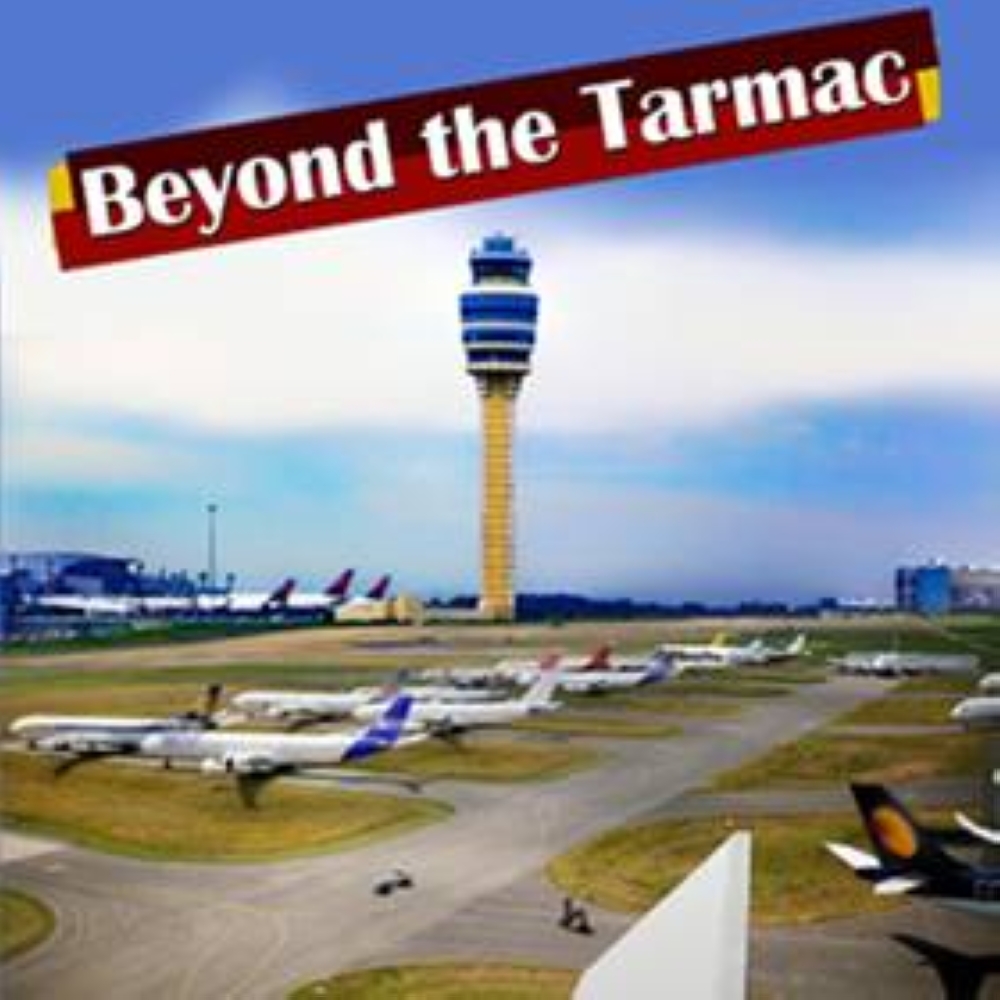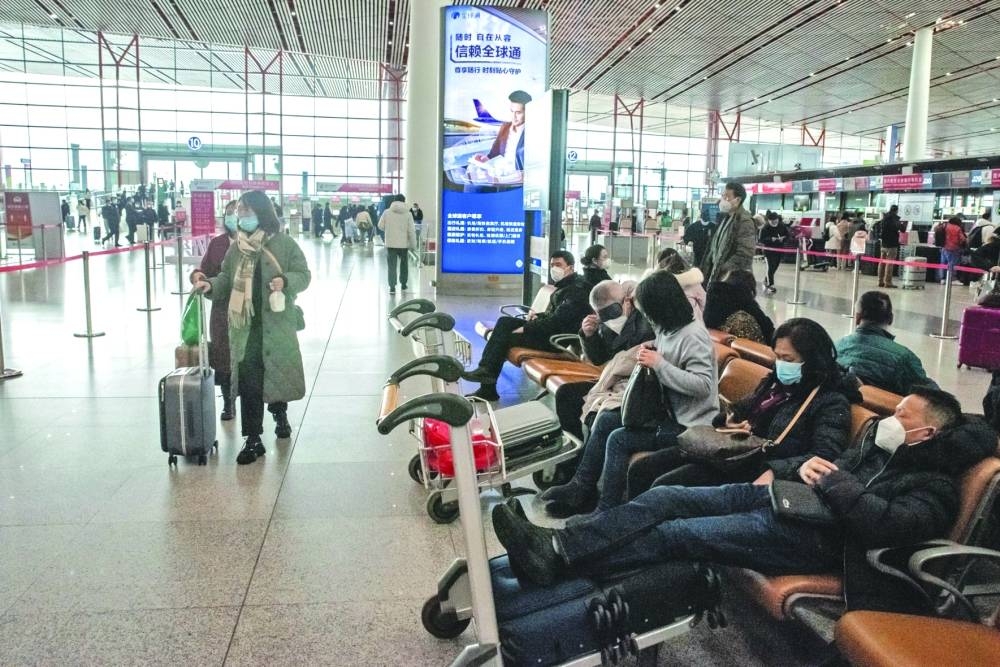
|
While it has come as a surprise to many, given the relapse in Chinese Covid cases again, some analysts believe the country’s swift reopening may offer a boost to the flagging world economy.
The growth impulse will be felt through service sectors such as aviation and tourism as Chinese people pack their bags for international travel for the first time since the pandemic. Tourism-reliant nations in Southeast Asia will likely be among the first to note a pick up, with developed economies also benefiting from the return of Chinese visitors.
According to prominent aviation analyst John Grant, in 2019, China was the fifth largest international market in the world with over 102mn seats per year, of which Chinese carriers accounted for 53.8mn, or a 52% share of the market.
But in 2022, China had slipped to 51st spot in global rankings with just 7.4mn international seats - just ahead of Ethiopia, but behind Cyprus - by any measurement a “staggering collapse” of position, he says.
The current international market from China is just 7% of its pre-pandemic levels. Although the locally based airlines flipped a considerable amount of their capacity from 2020 to domestic services, the simple truth, he says is that the financial results have been crippling for many airlines.
“While the rest of the airline industry was reporting record revenues for the third quarter of 2022, China’s major airlines were reporting eye-watering losses,” Grant wrote in OAG, global travel data provider.
The Chinese Lunar New Year commences on January 22 and the “Year of the rabbit” is supposed to bring prosperity, which is rather apt for the current situation facing the local airlines.
Over the last few months airlines will have been taking reservations for the busy weeks of travel during the Spring Festival (January 22-28) and while domestic flying has proven to be unprofitable this holiday period would have been one of the peak weeks for demand with some hope of profitability.
Many airlines likely have far too many forward bookings that will prevent them from adjusting and changing their planned services; frustrating, but something that couldn’t be easily overcome.
The second factor to consider, Grant noted, is that most airlines had no flights on sale to and from China (and certainly not to the previous levels of pre-pandemic capacity).
For most international airlines operating to China has been challenging, limitations on capacity that could be sold, damaged operating performance, expensive penalties of presenting Covid-infected passengers and crewing restrictions added further complexity.
For many international airlines operating to China had become a case of “holding a position” and "staying in the market" with some presence awaiting the return of the market.
The easing of travel restrictions in China was sudden, but Grant insists it will not result in a sudden change of capacity or rapid switching of schedules towards international flights; at least not in the next three to four months.
“By surprising everyone, the Chinese authorities have failed to recognise the planning that is required to reopen markets that had been closed for nearly three years or understood the challenges airlines are facing in adding more capacity at short notice,” he said.
However, despite all those challenges China may once again become a major international market over the next year. Short-haul regional demand from China to major leisure markets such as Thailand, Vietnam, Japan and South Korea will noticeably grow in the second half of the year and by the last quarter of the year the outlet malls of Europe and North America will once again be accepting ‘Alipay’ in all the shops.
“China might not quite be the hot spot for international growth that some expect in the first half of the year, but heading into 2024 and beyond it will once again be in the top five international markets in the world, and that will be some recovery in twelve months,” Grant noted.
Meanwhile, more countries are now demanding that visitors from China take Covid tests, although Beijing warned of possible reciprocal measures after the European Union and some other Asian countries recommended pre-departure testing for Chinese passengers.
The global aviation industry, battered by years of pandemic curbs, has also been critical of the decisions to impose testing on travellers from China.
That said, the World Health Organisation has warned that the holiday, which starts on January 21 and usually brings the biggest human migration on the planet as people head home from cities to visit families in small towns and villages, could spark another infection wave in the absence of higher vaccination rates and other precautions.
Chinese authorities expect 2.1bn passenger trips, by road, rail, water and air, over the holiday- double last year’s 1.05bn journeys during the same period. Country’s transport ministry has urged people to be cautious to minimise the risk of infection for elderly relatives, pregnant women and infants.
One region poised to be a major beneficiary of China’s opening is Southeast Asia, where countries have not demanded that Chinese visitors take Covid tests.


